
Governor Arnold Schwarzenegger, Chairman
Arnold Schwarzenegger is one of the most recognized individuals on the planet, having led an amazing life and achieving beyond his dreams in Hollywood, fitness, and public service. In an effort to give back to the country that allowed him to accomplish so much, Schwarzenegger ran for public office and was elected California’s 38th Governor.
Called “The People’s Governor,” Schwarzenegger worked with leaders of both major political parties to address the greatest challenges facing the state in a bold and historic manner. His leadership put California at the forefront of the nation in addressing climate change, pushing for the development of renewable energies, rebuilding our critical infrastructure, investing in stem cell research, and putting in place health care and political reforms. Schwarzenegger pushed for historic investment in California’s roads, bridges, water delivery systems, and schools. He proposed a comprehensive health care reform initiative and ensured California was the first state to create a Health Benefits Exchange. He also put politics back in the hands of the people through citizen-based redistricting and primary election reform.
Recognizing that states have the responsibility to provide the best possible education to every child, Schwarzenegger committed himself to offering top-quality early childhood development programs, comprehensive after-school programs for all elementary and middle schools, parental choice through high-performing charter schools, and expanding career technical education programs.
Continuing his commitment to environmental leadership, in 2011 he co-founded R20, a global non-profit of sub-national governments and regional leaders working together to address climate change and build a green economy. In 2012 he partnered with USC to launch the USC Schwarzenegger Institute to continue his work on the many policy initiatives he championed during his two terms as Governor.
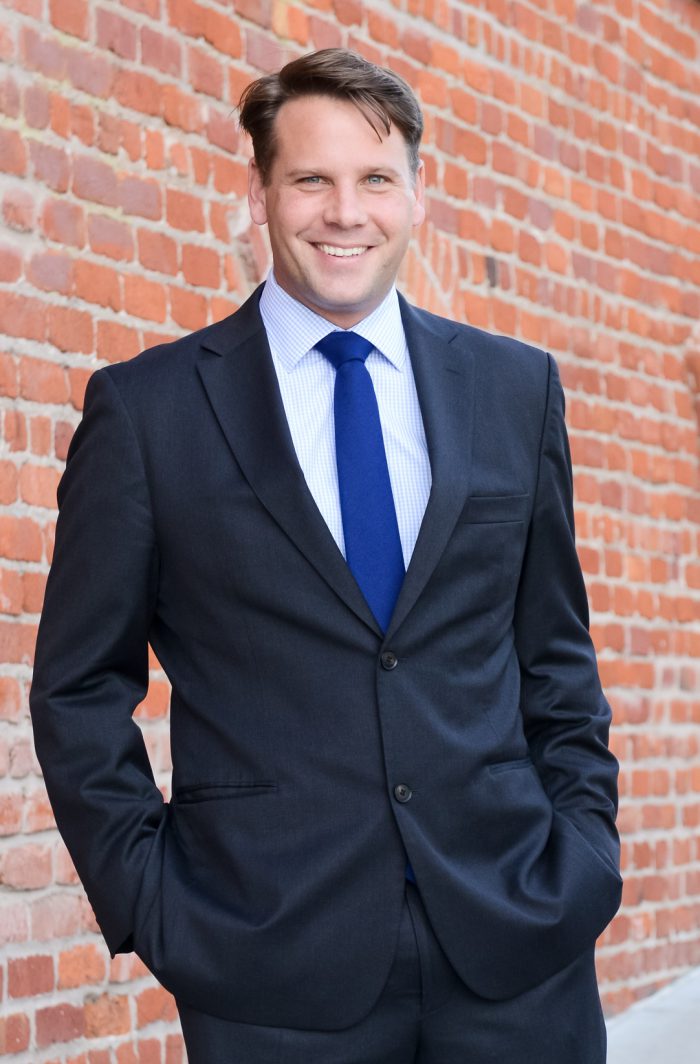
Conyers Davis, Global Director
- [email protected]
- (213) 821-1748
Conyers Davis is the Global Director of the USC Schwarzenegger Institute for State and Global Policy. He brings extensive experience as a communications advisor, project manager, and campaign strategist. At the Institute, he oversees communications, manages special projects, and leads external relations efforts, helping advance the Institute’s mission to promote post-partisan solutions to today’s most pressing policy challenges.
Conyers’ previous work in the public and private sectors has focused on launching and managing large-scale political campaigns, communications strategies and high-visibility events. He has worked in the United States, Europe and Asia on projects that helped drive sales, policy and political platforms. Conyers has worked for British Prime Minister David Cameron, Governor Arnold Schwarzenegger, Simon & Schuster, Lionsgate Films and the U.S. Department of Homeland Security. Additionally, he managed projects for the 2004 G8 Summit and the 2005 Hurricane Katrina recovery effort.

Christian Grose, Academic Director
Christian Grose is Professor of Public Policy; and Professor of Political Science at the University of Southern California. He is the Academic Director of the USC Schwarzenegger Institute for State and Global Policy. He served as the Director of the Political Science and International Relations Ph.D. program in USC Dornsife College from 2015-18. He is editor of the journal Research & Politics. In 2020, he led a team that administered the USC Schwarzenegger Institute nonpartisan democracy grants to local election administrators to open new polling places; and he is now conducting research about how best to improve voter access and voting rights based around this community-engaged work.
He is the author of more than 50 articles, chapters, policy reports, and other works about American politics; legislative politics; public administration; public policy; race and ethnicity; voting rights; and political representation; including in the American Political Science Review; the American Journal of Political Science; the Journal of Politics; the British Journal of Political Science; Political Research Quarterly; Legislative Studies Quarterly; and Political Behavior. His book Congress in Black and White (Cambridge University Press) won the best book on race and politics award from the American Political Science Association. His research has been funded by the Russell Sage Foundation, the Leonardo DiCaprio Foundation, the MIT Election Data Science Center, and others. In total, he has raised nearly $3 million for research and other activities at USC. Grose’s research has been profiled in the Washington Post, the New York Times, National Public Radio, and other media outlets.
Grose directs the Democracy Lab, where researchers, students, and policy practitioners work together to generate new ideas to reform American democracy. His recent work examines behavioral and social choices made by public officials and public election administrators, and how they are constrained by institutions and law. He is also an expert in political reforms and voting rights, including independent redistricting commissions. His research often uses field and survey experimental techniques to answer questions about public policy, political institutions, and the behavior of public administrators and elected officials. Some of this research involves partnerships with practitioners and the community. Grose has served as an expert consultant and witness in redistricting and voting rights cases, including as the voting rights statistical consultant for 2 of the 10 largest counties in the United States in 2021.
Dr. Grose has been named the Herman Brown Distinguished Scholar, an award given annually to a U.S. political scientist. He also received the 2022 best article published in the Journal of Politics; received the 2020 best article published in Political Research Quarterly; and received the CQ Press award for the best paper on legislative studies presented at the American Political Science Association meeting. He co-chairs the 2023 Midwest Political Science Association meeting.
Grose has experience conducting innovative teaching and scholarship via both virtual online and in-person platforms; and regularly partners with public officials, policy makers, and academic researchers in his teaching, scholarship, and administrative leadership.
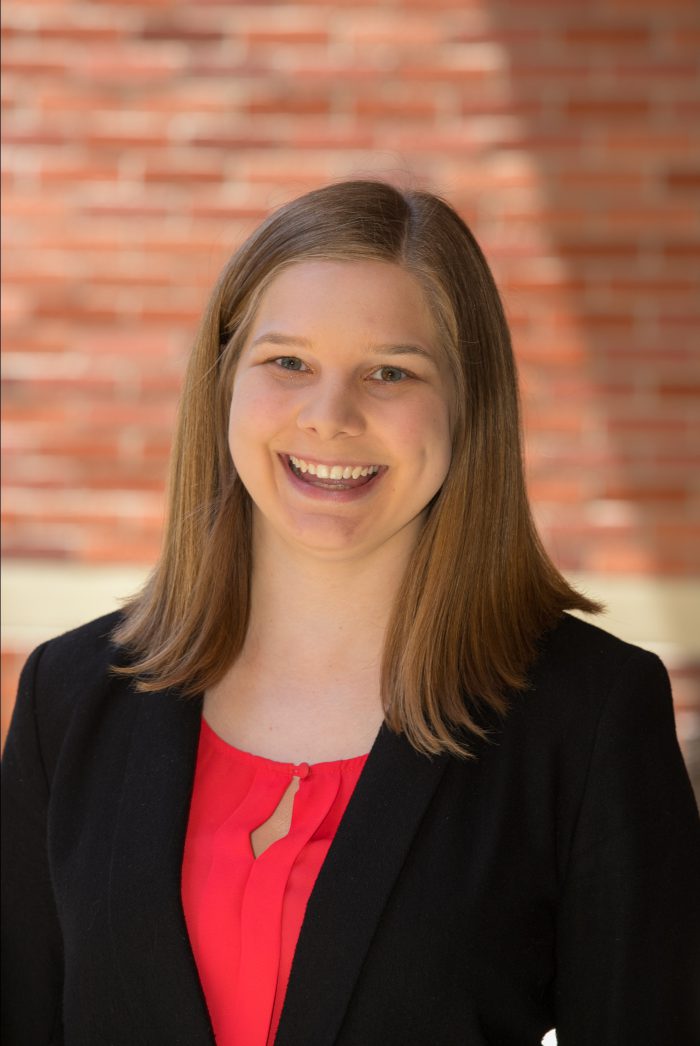
Allison Kay
- [email protected]
- (213) 821- 5536
Allison Kay is the Deputy at the USC Schwarzenegger Institute where she helps with the organization’s financial reporting, communications, website maintenance, and event production.
Allison started working at USC in 2015 as a project specialist in the Price School Dean’s Office. Throughout her two and a half years in the dean’s office, Allison worked with various centers, institutes and departments to provide administrative support. She has helped with everything from intimate book talks to Price commencement and the California Gubernatorial Debate. In addition to working at the Price School, Allison is currently pursuing her Master of Public Administration degree at the Price School.
Prior to starting at USC, Allison majored in Chemistry and Education at Grand Valley State University in Michigan. While at Grand Valley, Allison worked as a writing consultant, research assistant, and teaching assistant.
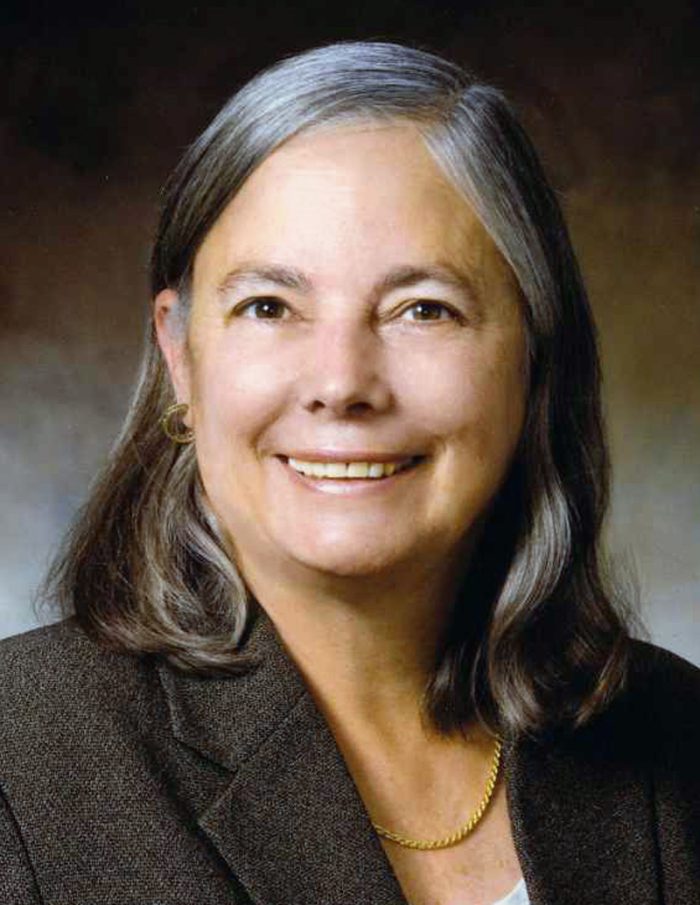
Fran Pavley, Environmental Policy Director
Former State Senator Fran Pavley served 29 years in elected office. Born and raised in Los Angeles, Pavley was elected the first mayor of Agoura Hills in 1982, and served 14 years in the California Assembly and the State Senate. Senator Pavley authored landmark climate policies (AB 1493, AB 32, SB 32, and others) that have created a market for innovation and investment in clean energy and vehicles, which have helped clean up our air, grow the economy, and reduce greenhouse gas emissions. As chair of the Senate’s Natural Resources and Water Committee, she was able to pass California’s Sustainable Groundwater Management Act(SGMA), promote policies to protect our ocean and watersheds, and adopt measures to create more sustainable local water supplies. During her last year in the legislature, Senator Pavley also authored SB 1425, the Water-Energy Nexus bill.
She is working as the Environmental Policy Director for the USC Schwarzenegger Institute, and serves on several state and local advisory boards and committees.
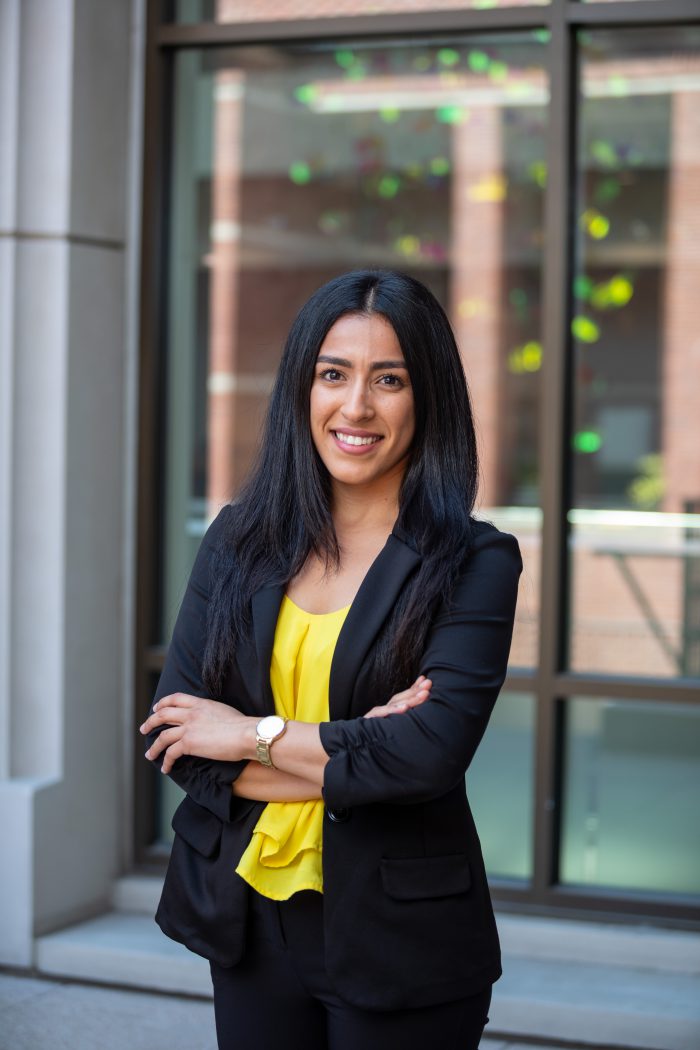
Francisca Martinez
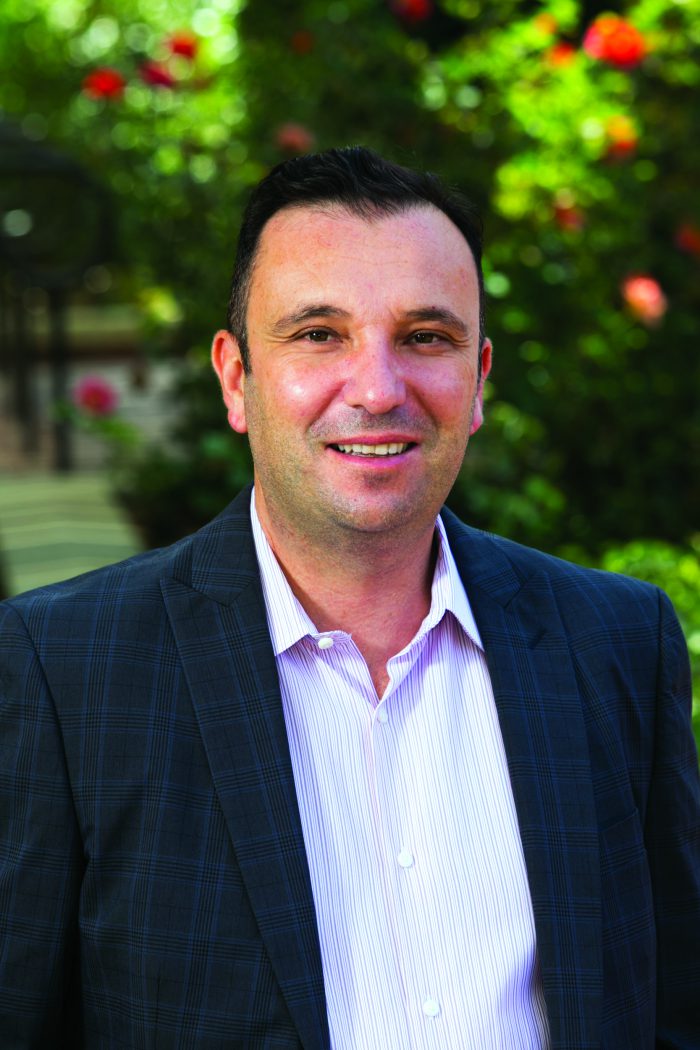
Antonio Bento, Faculty Fellow
Antonio M. Bento is a Professor, Chair, Department of Public Policy and Real Estate at the Sol Price School of Public Policy and the Department of Economics of the University of Southern California. He is also a research associate of the National Bureau of Economic Research (NBER). Professor Bento received a BA in Economics from the Nova School of Business and Economics (Portugal) in 1996, and a PhD in Agricultural and Resource Economics (jointly with Economics) from the University of Maryland in 2000. He has previously taught at UCSB(’00-’04), University of Maryland (’04-’07), Cornell University (’07-’15), and has been a visiting professor at Stanford University, and a regular consultant to the World Bank.
Professor Bento is an applied micro-economist with a research program in the areas of environmental, energy, urban, and public economics. For the past few years, he has written on topics related to the design of climate change mitigation policies and the interactions of (new) environmental policies with the broader tax system; the effectiveness of policies that promote the expansion of biofuels, renewable energy, and the diffusion of cleaner technologies; causes and remedies of urban sprawl and urban environmental challenges in developed and developing countries; the benefits of major environmental regulations, such as the Clean Air Act and its Amendments; individual responses to real-time pricing; and the distributional impacts of various environmental policies, including federal gasoline taxes. His work has been published in the American Economic Review, the American Economic Journal: Economic Policy, the Review of Economics and Statistics, the Journal of Environmental Economics and Management, the Journal of Urban Economics, the Energy Journal and other scholarly journals and books. Professor Bento contributed to the New York State Climate Change Action Plan, the New York State Biofuels Roadmap, the U.N. Scientific Committee on Problems of the Environment (SCOPE) Assessment Report on Biofuels, served as a contributing author to the intergovernmental Panel on Climate Change (IPCC) Fifth Assessment Report, and was recently appointed as a lead author to the International Panel on Social Progress (IPSP).
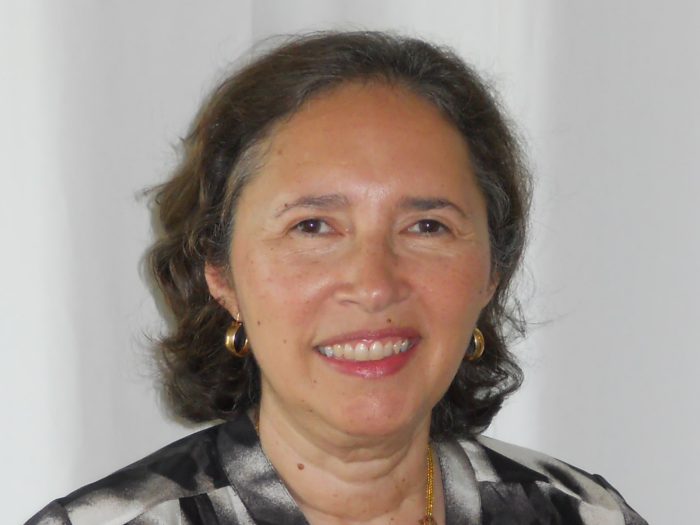
Hilda J. Blanco, Faculty Fellow
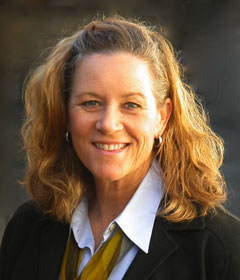
Karin Huebner, Faculty Fellow

Lawrence Palinkas, Faculty Fellow
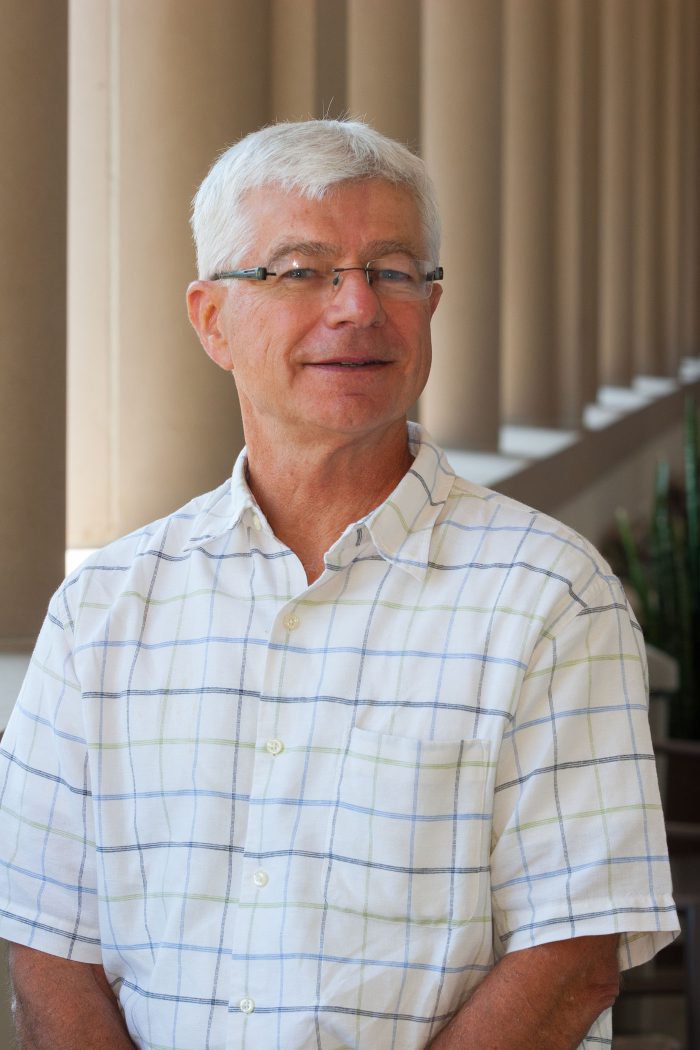
Dan Mazmanian, Faculty Fellow
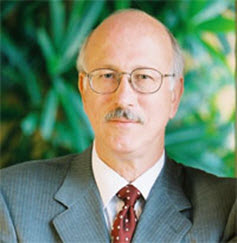
Adam Rose, Faculty Fellow
Adam Rose is Research Professor at USC’s Price School of Public Policy, and a Faculty Affiliate of the Center for Risk and Economic Analysis of Terrorism Events (CREATE). Before coming to USC, he served as Professor and Head of the Department of Energy and Environmental Economics at The Pennsylvania State University for fourteen years. He received his PhD in Economics from Cornell University.
Professor Rose’s main area of research is the economics of energy and climate change policy. As a consultant to the UN, he played a major role in the development of the first proposal for a system of globally tradable emission allowances. He has advised government agencies in several U.S. states and regions on the development of cap & trade programs, and agencies in the U.S., Mexico and China on the employment impacts of climate action plans. He has also done pioneering research on resilience to disasters.

Detlof Von Winterfeldt, Faculty Fellow
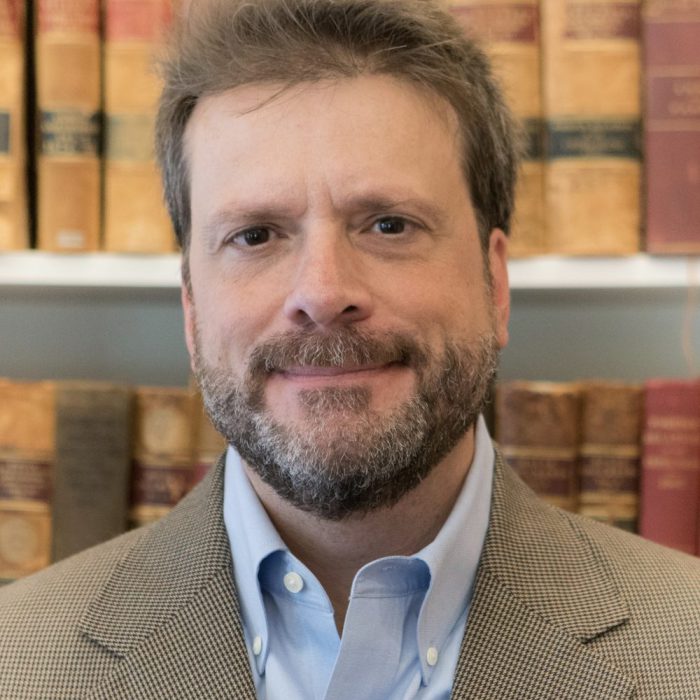
Jeff Jenkins, Faculty Fellow
Jeffery A. Jenkins is Provost Professor of Public Policy, Political Science, and Law, Judith & John Bedrosian Chair of Governance and the Public Enterprise, Director of the Bedrosian Center, and Director of the Political Institutions and Political Economy (PIPE) Collaborative. He previously held tenure-stream positions at the University of Virginia, Northwestern University, and Michigan State University.
His research interests include American Political Institutions and Development (with a special emphasis on Congress and political parties), lawmaking, separation-of-powers, and political economy. Much of his work takes a positive political theory (or rational choice) approach, and examines how political actors pursue their interests while being constrained by formal and informal institutional arrangements. His current work involves papers on the ideological content of federal lawmaking in the post-war era and book projects on how civil rights policy has been dealt with in Congress over time and how the Republican Party evolved in the South after the Civil War.

Pamela McCann, Faculty Fellow
Pamela McCann, Ph.D., is an associate professor at the USC Sol Price School of Public Policy. Dr. McCann previously served as an assistant professor of public affairs at the University of Washington.
Her research interests include U.S. political institutions, bureaucratic delegation, federalism, intergovernmental politics, legislative behavior, public policy, health policy, policy diffusion, state and local politics. She examines the influence of the states and state-level political institutions on national political maneuvering and policy choices. In particular, Dr. McCann focuses on the influence of policy actors’ intergovernmental context on legislative choices. Her recent work addresses the impact of the interaction of state and national political institutions on political choices and policy outcomes.
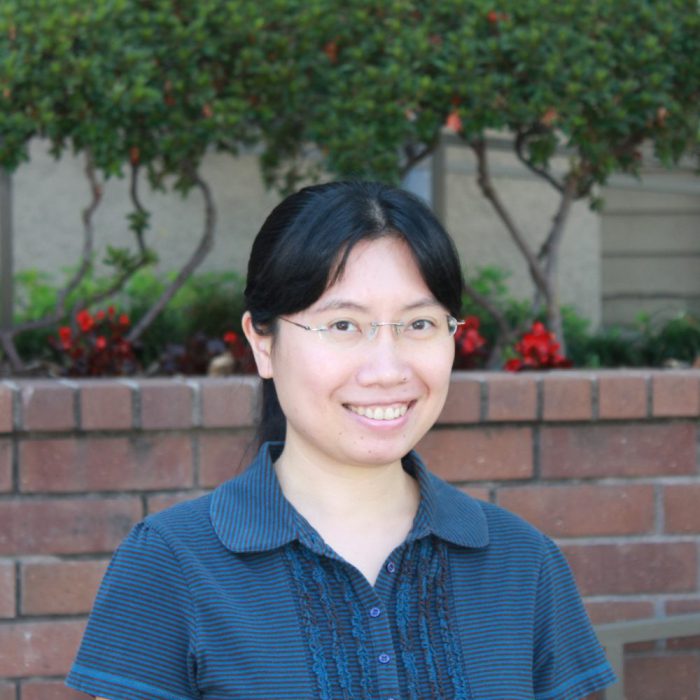
Dan Wei, Faculty Fellow
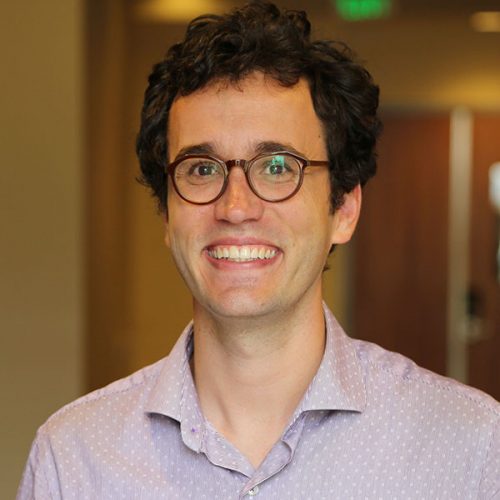
Jonathan Eyer, Faculty Fellow

Sara Sadhwani, Faculty Fellow
Sara Sadhwani is a tenure-track assistant professor at Pomona College. She earned her doctorate in political science from the University of Southern California in 2019, and co-authored the USC Schwarzenegger Institute policy report “The Worst U.S. State Legislative Partisan Gerrymanders.” Her article “Structuring Good Representation: Institutional Design and Elections in California,” published in PS: Political Science and Politics, argues that institutional innovations such as the California Citizens Redistricting Commission led to increases in Latino and Asian-American representation in the state legislature and U.S. Congress.
She specializes in American politics and race and ethnic politics. In her dissertation, she identified variations in voting behavior between Asian Americans and Latinos. Her research and teaching interests include voting behavior, elections, public opinion, public policy, and interest groups, with an emphasis on the representation of racial, ethnic and immigrant communities. She has published research on California politics, redistricting, and Latino and Asian-American voting rights in the Journal of Politics; Political Behavior; Journal of Race, Ethnicity, and Politics; and the Washington Post.

Laura Resnick Samotin, Predoctoral Fellow
Laura Resnick Samotin is a PhD Candidate in the political science department at Columbia University. Her dissertation examines how military popularity and the rise of militarism contributes to reduced military effectiveness in democracies. In addition, she conducts research on political psychology, specifically on bias in decision-making processes; military technological innovation; and on various aspects of terrorism.
Ms. Resnick Samotin is a Cordier Fellow in the School of International and Public Affairs at Columbia, where she instructs masters-level courses in international relations theory. Before starting her PhD, she was a researcher at The Good Judgement Project at the University of Pennsylvania. She holds a B.A. in political science from the University of Pennsylvania and an MA and M.Phil from Columbia University. She has been a pre-doctoral fellow at the Schwarzenegger Institute since Fall 2018.
